When Fatmah Muhammad thinks about her younger cousin Sayfollah Musallet, affectionately known as Saif, she pictures him behind the counter of his ice-cream shop in Tampa Bay, Florida, carefully decorating her knafeh with the same effort he brought to everything else.
She makes the dessert from scratch, and would sometimes ship it from California, where the 43-year-old baker lives, so the family legacy could grow nationwide. Saif would sell the Palestinian dessert in his his little Amish-style ice-cream shop that carried international treats from the world over.
The inventive 20-year-old would record videos for her, making sure each portion of knafeh was flawless, each layer was positioned exactly right. “Make sure you get it perfect,” she would tease him from 2,000 miles away. He would go above and beyond, she says.
Now, less than a year after opening that shop with dreams of expansion, Saif is dead – beaten to death by Israeli settlers on his family’s farm in the occupied West Bank while he was visiting relatives. His death has left a family shattered and a community demanding answers.
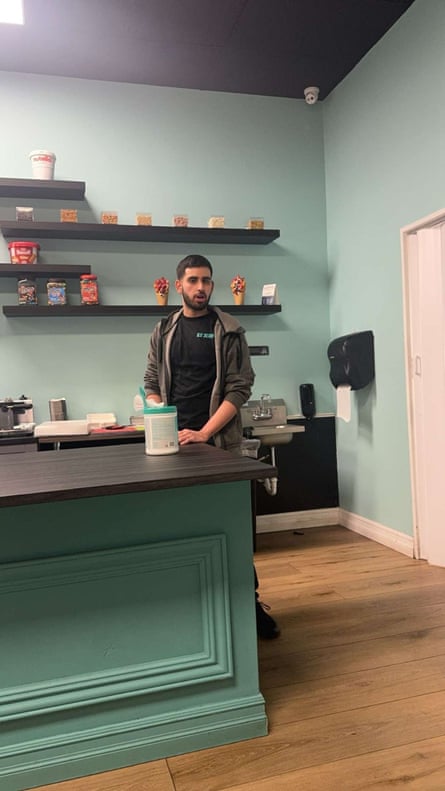
Zayed Kadur, a close family friend whom Saif called “uncle”, wrestled with all the ways that made his nephew by love special. “He was just a very rare soul,” he says. “He made everyone feel important. He made everyone feel loved.”
Saif’s eldest uncle, Hesam Musallet, said the impact his nephew had on the people closest to him was palpable. “He would walk into a room and the room would light up,” he says. “If people were sitting down, he would shake hands with everybody when he walked in, acknowledge them. Old, young – to him, it was all the same.”
Customers at the ice-cream shop told Fatmah how if someone came in short on cash, Saif would quietly cover their tab without making them feel embarrassed.
“He really made everyone feel like family,” Fatmah remembers. “No matter the race, no matter the background, no matter the age. That’s just who he was.”
Born in Port Charlotte, Florida, Saif was the oldest of four children. His parents had moved the family to Palestine for his elementary and high school years before he returned to the US to live and work. A few years later, the ice-cream shop came to fruition, almost by accident.
Saif and his cousins noticed that an ice-cream store near their uncle’s coffee shop by the University of South Florida was struggling. When the owner mentioned he might move on from it, Saif called his family immediately.
“That business, when he got it, was a failing business,” Hesam says. “But he went in there, he turned it around. He had a passion for it … People would just come back for his customer service. He was phenomenal.”
For Saif, this summer trip back home to the West Bank village of Baten al-Hawa near Jerusalem was routine – a chance to reconnect with extended family before returning to his shop and the life he was building in Florida ahead of his 21st birthday. His father had swapped places with him, taking his shifts at the ice-cream shop so Saif could hang out with the family.
The family Saif was visiting represents generations of connections between Palestine and America. His uncle Hesam, who was born in the United States, explained how his father – Saif’s grandfather – had come to the US in the early 1960s. His grandfather first arrived in New York in the early 1900s, spending a few years stateside before returning to the West Bank.
“There’s so many people in our town that are American citizens,” Hesam says of their village. “Most of their children and grandchildren all born here. So they go back and forth, summer vacations there. Everybody goes for summer vacations, weddings. It’s just typical.”
But on the day he was killed, Saif was at his family’s farm in Baten al-Hawa, in Area B of the West Bank – officially under Palestinian administrative control but also under Israeli security control. According to witnesses, settlers had come to the land, chopping down olive trees and burning crops.
“It was a Friday. People will go out and sit around with friends,” Hesam says. “And that’s our land. If there’s nobody there, the Israeli settlers, they would just like to come and just put up a tent so they can say it’s basically stealing that part of that land.”
The confrontation escalated, and Saif was beaten with clubs and bats. His friend Mohammed Nael Hijaz was the first to reach him. “He was not moving when I got there and he could barely breathe,” Hijaz said. “There was time to save him.”
But ambulances were blocked by Israeli forces for three hours, his family said in a statement. During that time, Saif remained conscious, gasping and vomiting, held in the arms of his younger brother. Another young man, 23-year-old Razek Hussein al-Shalabi, was shot and left to bleed to death in the same attack. When ambulances finally reached them, they too were attacked by settlers. Saif was pronounced dead before reaching the hospital.
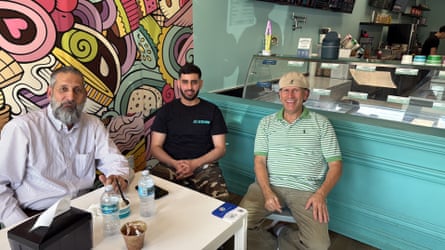
The Israeli military claimed the altercation developed after stones were thrown at Israelis and said it was looking into the incident.
More than 1,000 Palestinians have been killed in the territory since the Hamas attack on Israel of 7 October 2023, and at least 9,000 have been injured. Israeli settlers seeking to empty the West Bank of Palestinians have grown increasingly emboldened since then, displacing dozens of communities through violent intimidation campaigns.
The family’s devastation is compounded by what they see as indifference from the US government. The US ambassador to Israel, Mike Huckabee, posted on social media on Tuesday that Israel must “aggressively investigate the murder” and that “there must be accountability for this criminal and terrorist act”. But the family is well aware that the prospect of arresting violent settlers is rare. In his first days in office, the Trump administration rescinded Biden-era sanctions on Israeli settler groups accused of attacking Palestinians in the occupied West Bank. Still, the family is calling on the state department to conduct its own investigation into Saif’s killing.
Saif’s death isn’t the family’s only nightmare: Saif’s 15-year-old cousin, an American citizen named Mohammed Zaher Ibrahim, has been in Israel’s Megiddo prison for four and a half months. His family says he has been accused of throwing rocks, which they deny. He is believed to have lost nearly 30 pounds and developed a severe skin infection while imprisoned, with no family visits or phone calls allowed. “We have a saying in Arabic,” Kadur says. “Two hits on your head will hurt. And our family cannot take another blow.”
The office of the family’s Florida congressman, Republican Mike Haridopolos, confirmed to the Guardian that it has been contacted about Ibrahim.
“We have shared the information we received from his family with the state department and have been informed that the US embassy in Israel is following standard procedures,” his office said. The Israel Defense Forces did not respond to a query about the charges against Ibrahim, directing questions to the Israel prison service instead. The Guardian has contacted that agency for comment about Ibrahim’s current condition.
For those who knew Saif, the tragedy lies not just in how he died, but in everything he’ll never get to do. Nearing his 21st birthday, Saif told his father that he was ready to find a wife and settle down.
“He was not just a number,” Fatmah says. “He was a friend to everyone, a cousin, a son, a grandson. I just don’t want him to be forgotten.”

 4 months ago
50
4 months ago
50

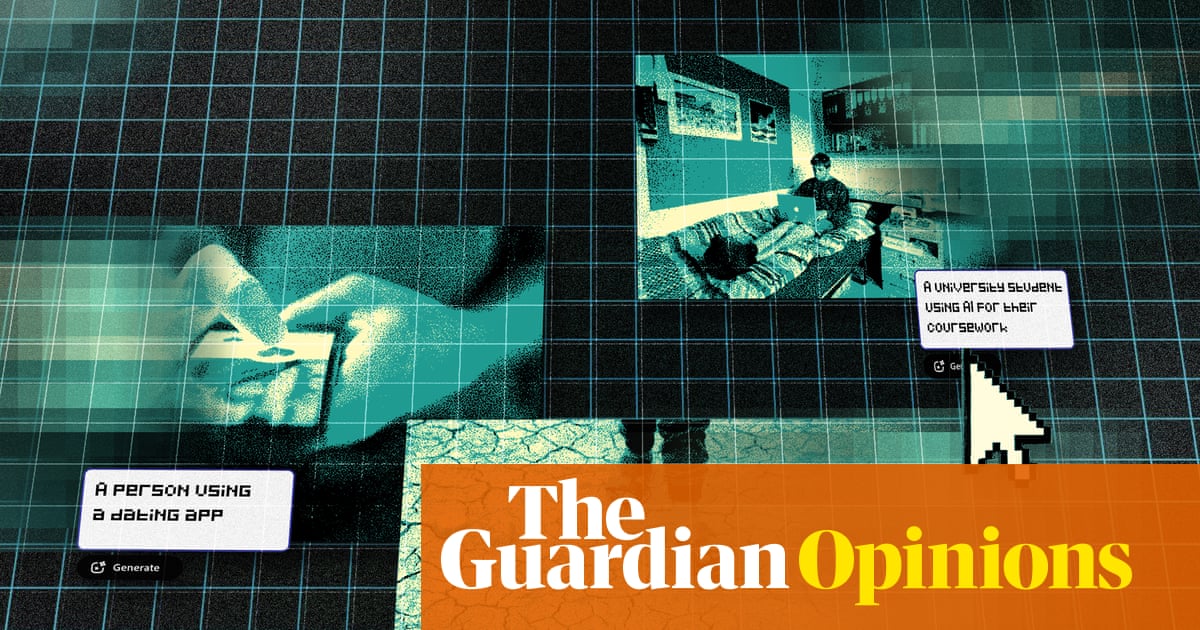

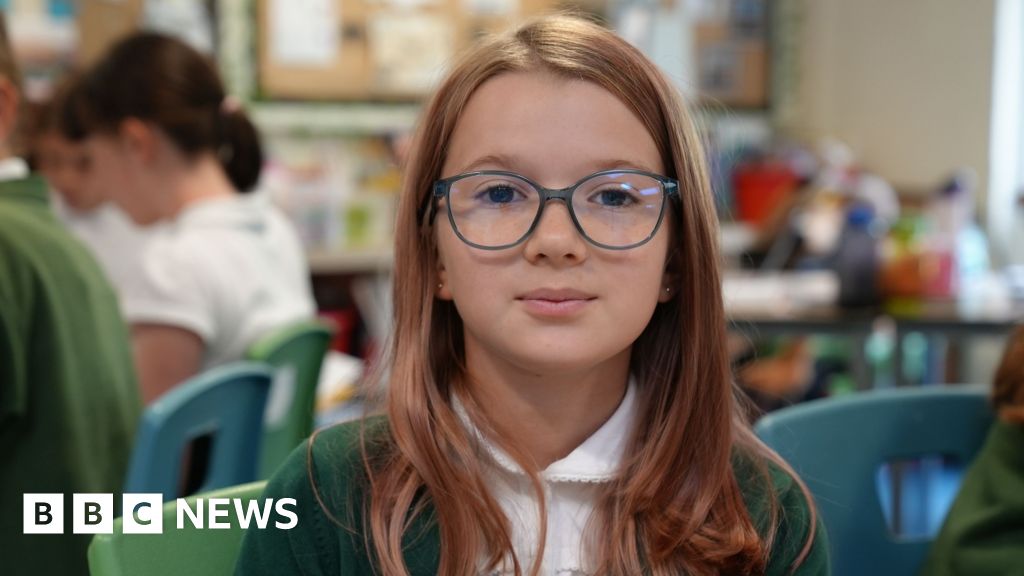


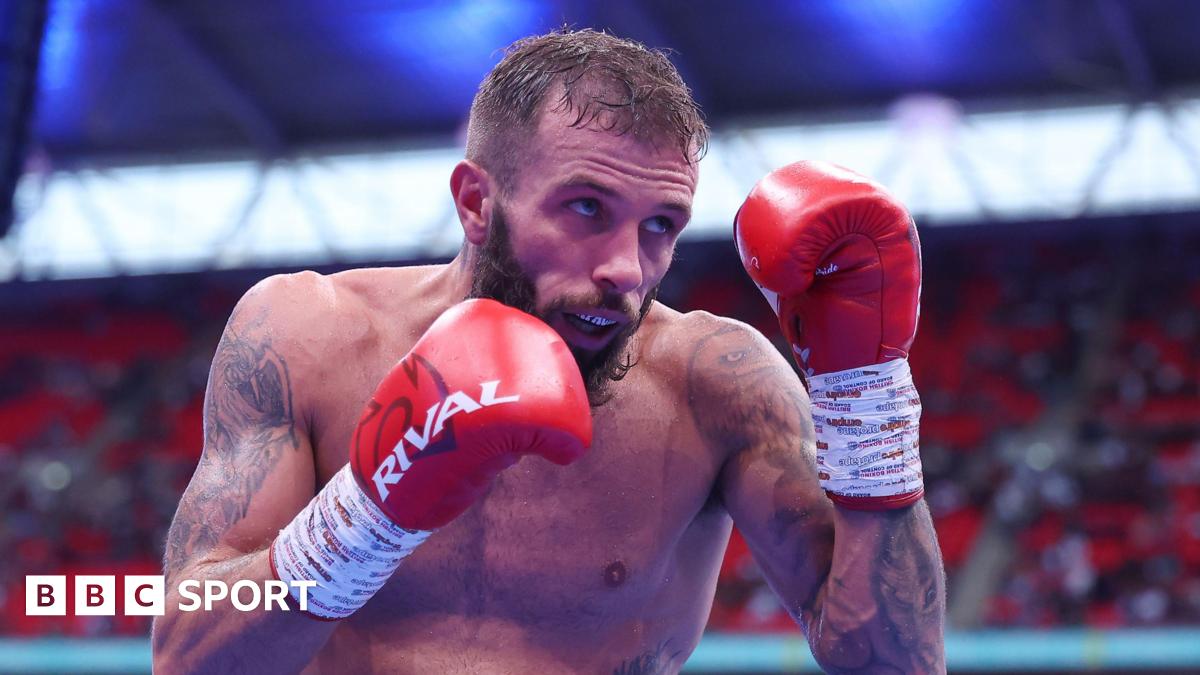

 English (US) ·
English (US) ·